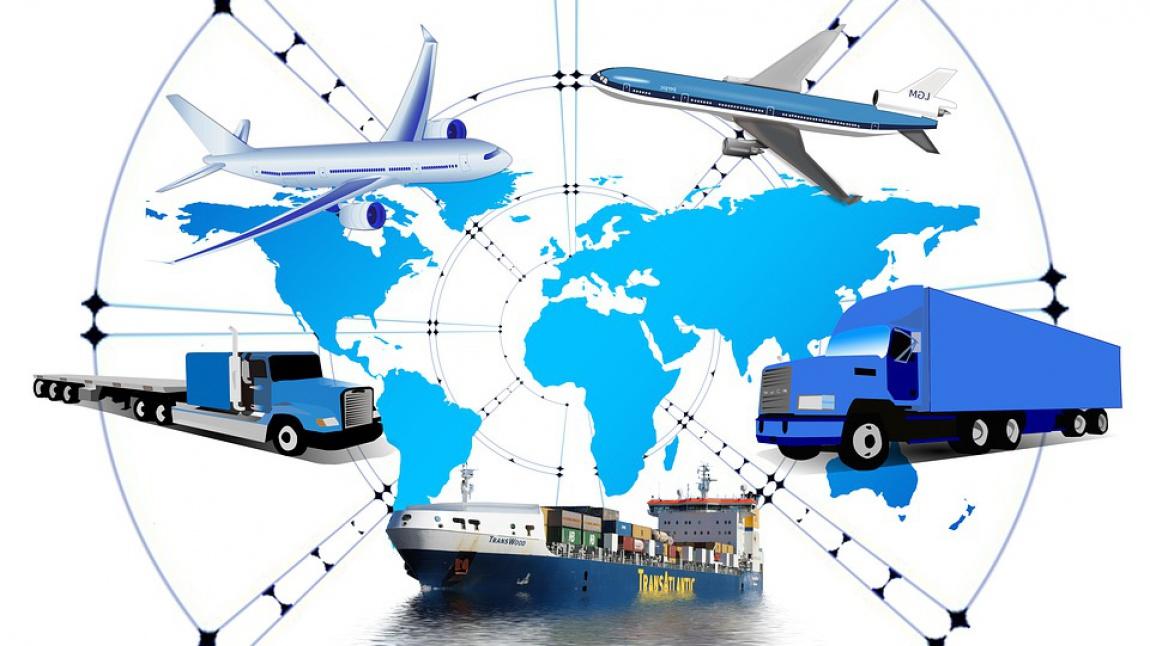Technology and Changing Trends in Logistics: A Look Into the Future
The logistics industry is constantly evolving and undergoing changes. Many of these changes come with advancements in technology and emerging trends. Today, technological innovations and evolving trends in logistics offer new opportunities for businesses to increase efficiency, reduce costs, and gain a competitive edge. Let’s take a closer look at these technology-driven changes and evolving trends in logistics:
1. Smart Logistics:
Smart logistics involves the integration of technologies such as data analytics, artificial intelligence, and the Internet of Things (IoT) into logistics processes. This allows logistics companies to operate more efficiently, optimize inventory management, and better manage supply chain operations.
2. Digitalization:
Digitalization involves the transition of logistics processes from paper-based systems to digital platforms. This facilitates data-driven decision-making, improves process monitoring and management, and enhances transparency in communication and collaboration.
3. Automation and Robotics:
Automation and robotics technologies are increasingly being used in logistics processes such as warehouse management, material handling, and distribution. These technologies reduce labor costs while making processes faster and more efficient.
4. Green Logistics and Sustainability:
Green logistics involves taking various measures to reduce the environmental impact of logistics operations. This trend includes goals such as reducing carbon footprints, saving energy, and adopting sustainable logistics practices.
5. Internet of Things (IoT) and Tracking Systems:
IoT and tracking systems allow logistics companies to track and manage the movements of products, vehicles, and other assets in real-time. This provides greater control and visibility over the supply chain and helps to manage logistics processes more effectively.
6. Cloud-Based Logistics Software:
Cloud-based logistics software allows logistics companies to access the tools they need to manage their processes. This increases flexibility, reduces costs, and enables optimization of business processes.
7. E-commerce and Supply Chain Integration:
The rapid growth of e-commerce has increased the importance of supply chain integration in the logistics sector. Logistics companies are leveraging technology to integrate with e-commerce platforms and provide faster and more efficient service to customers.
These technological advancements and evolving trends in the logistics sector enable businesses to gain a competitive advantage. Therefore, investing in technology and staying abreast of these trends is crucial for logistics companies.





